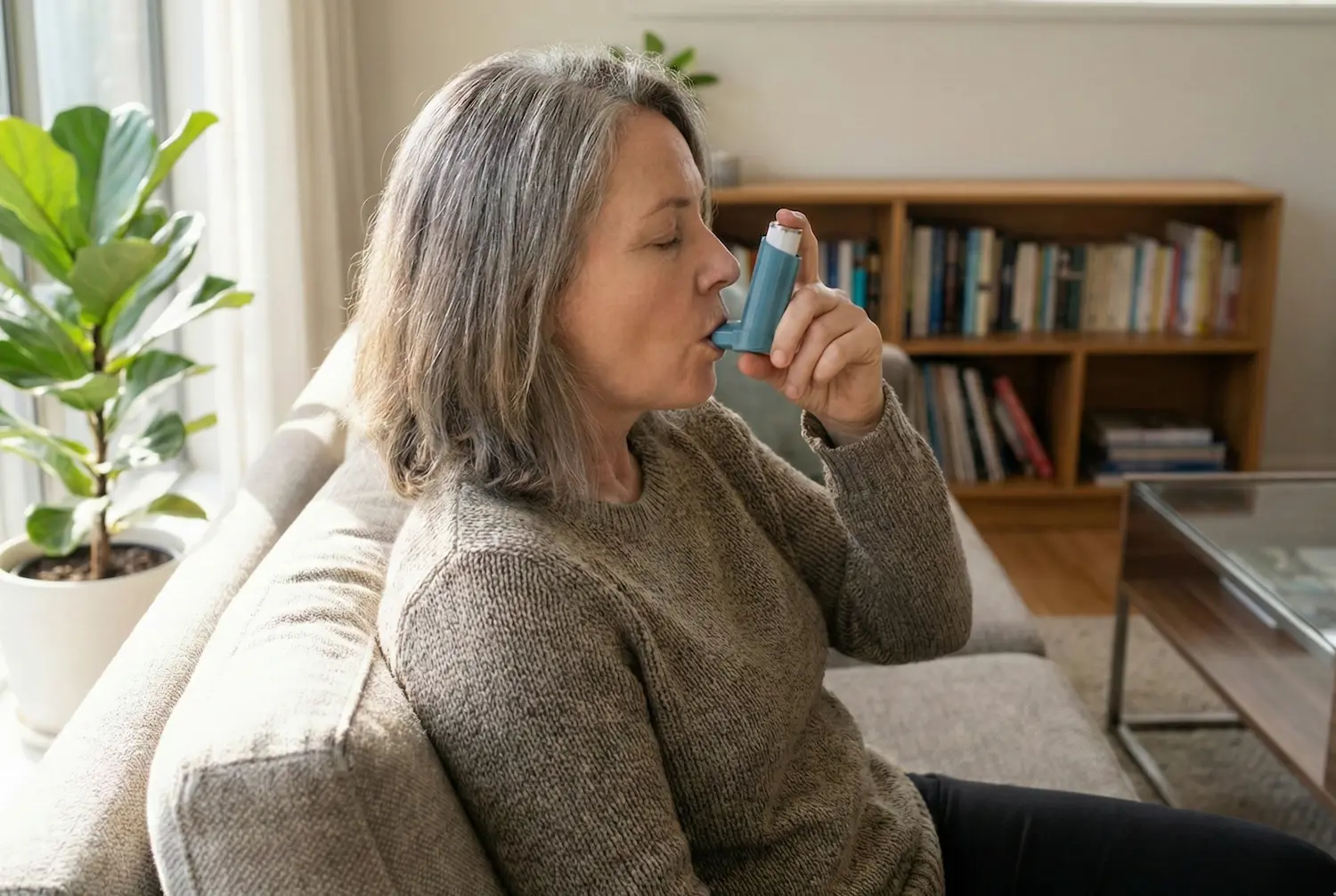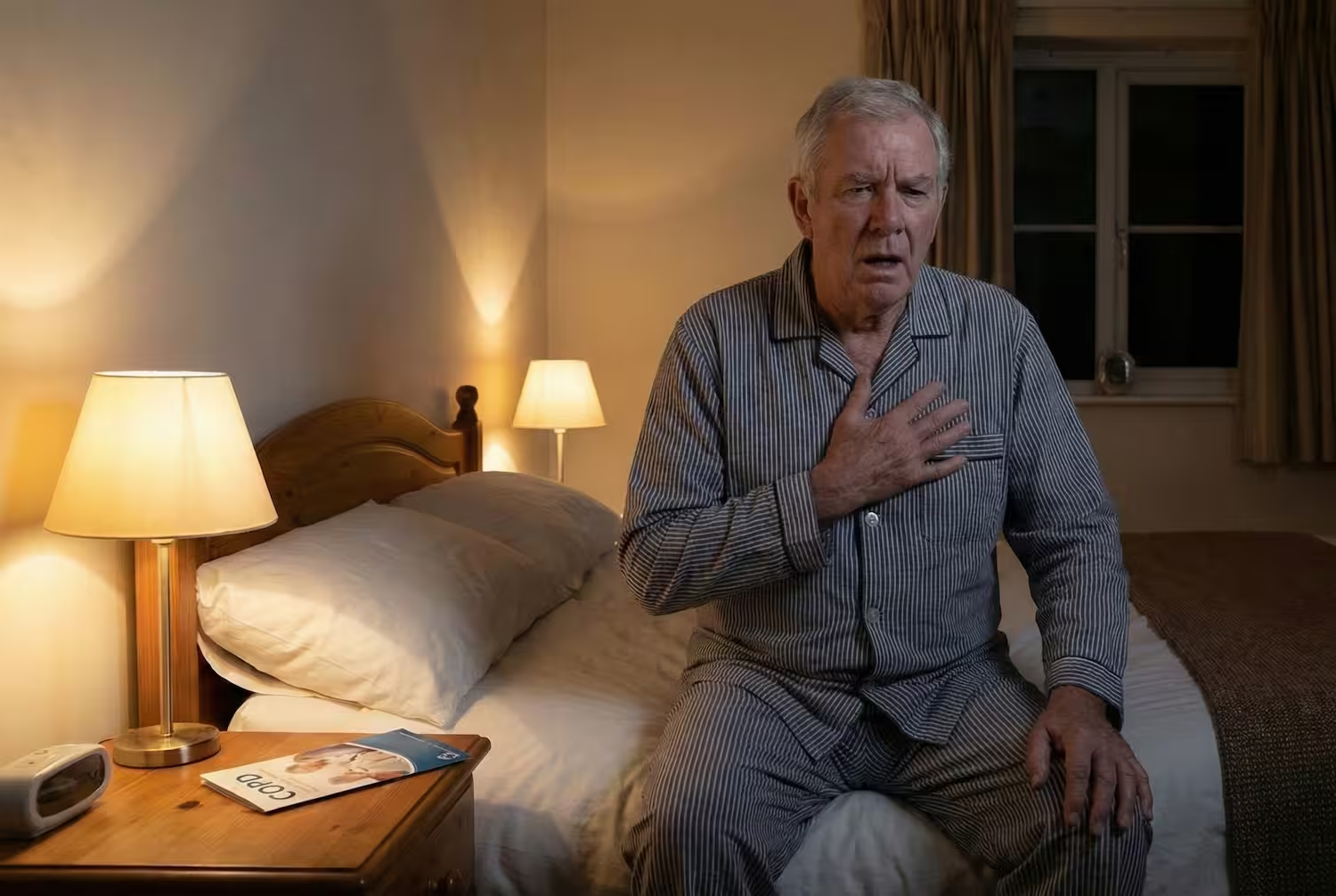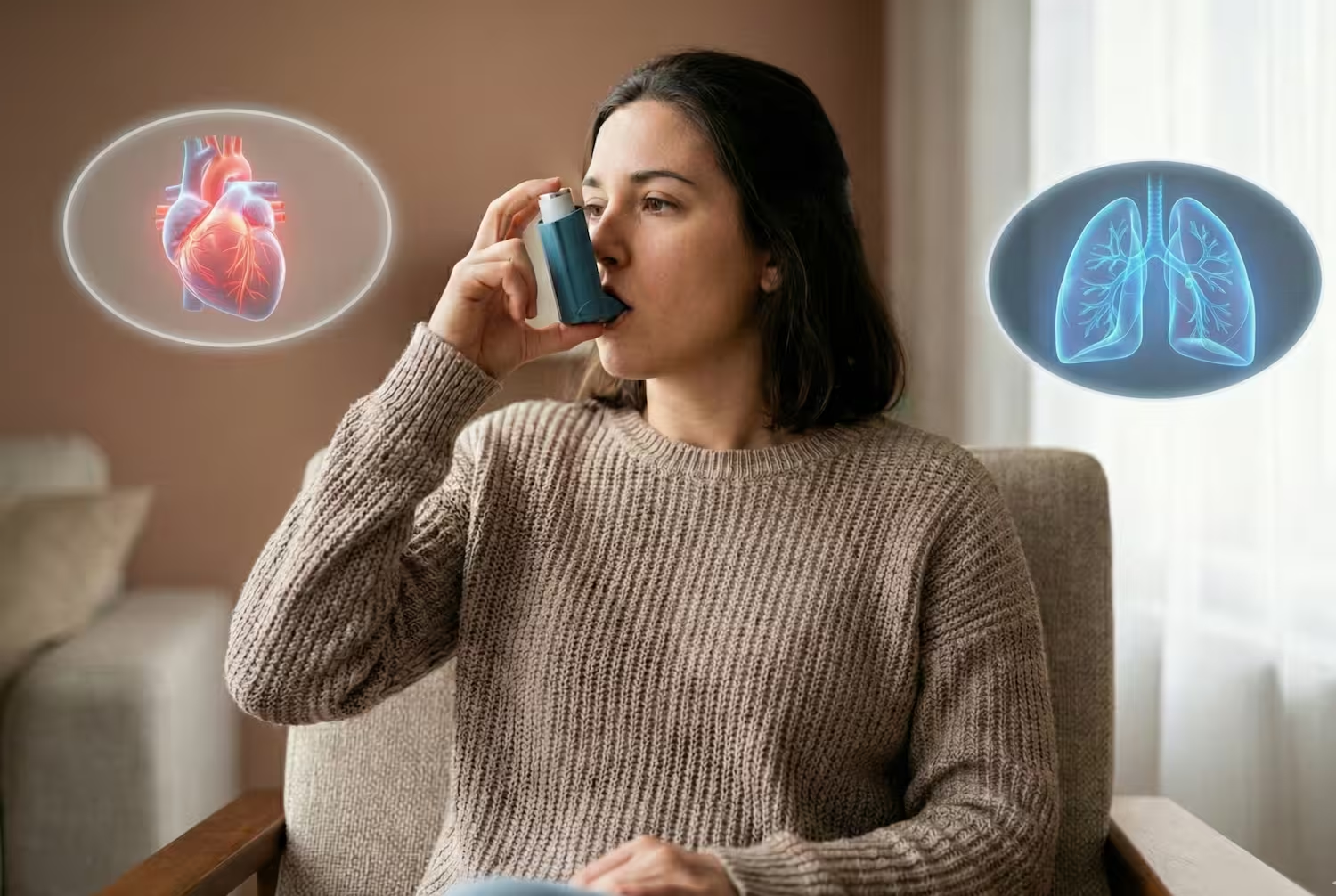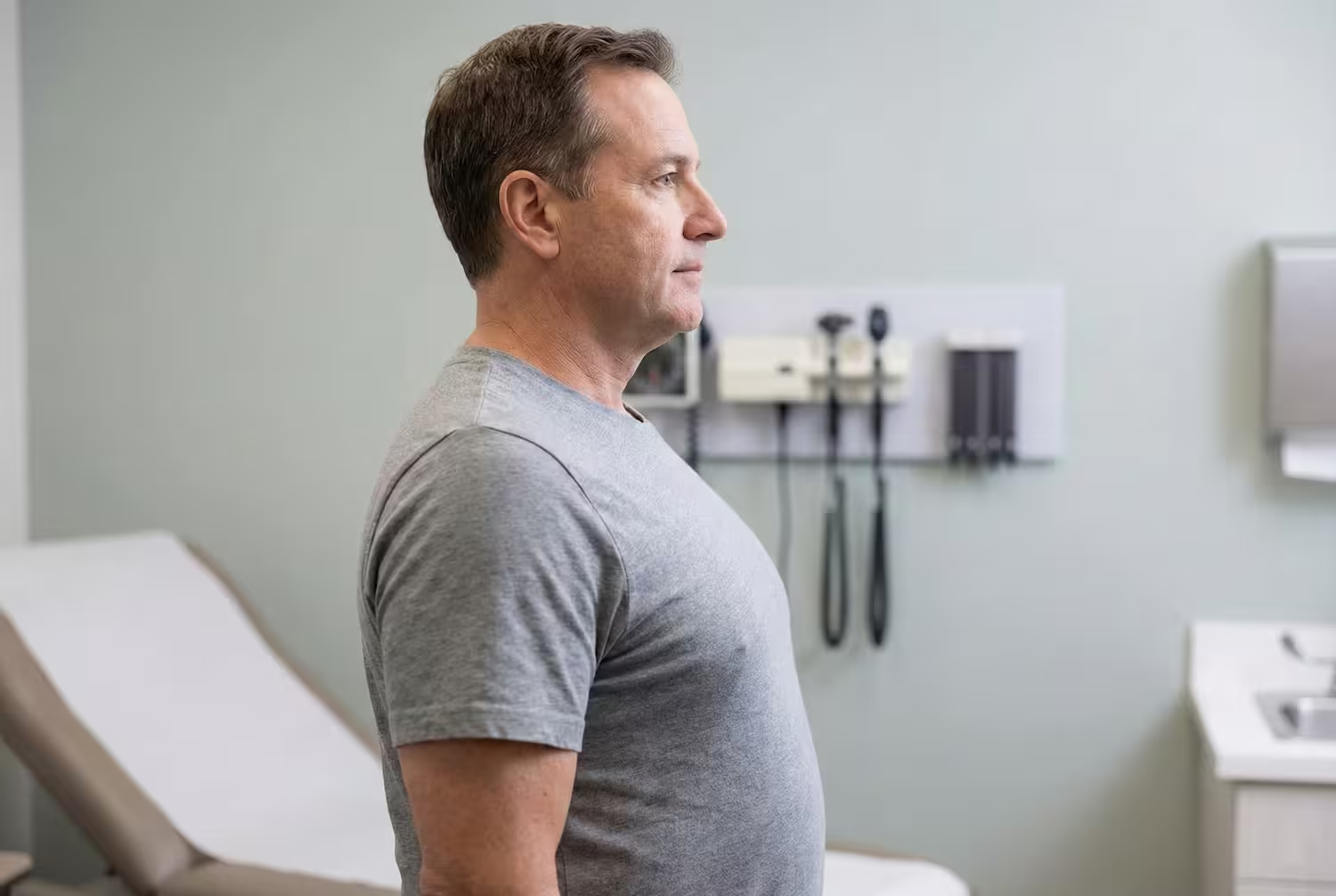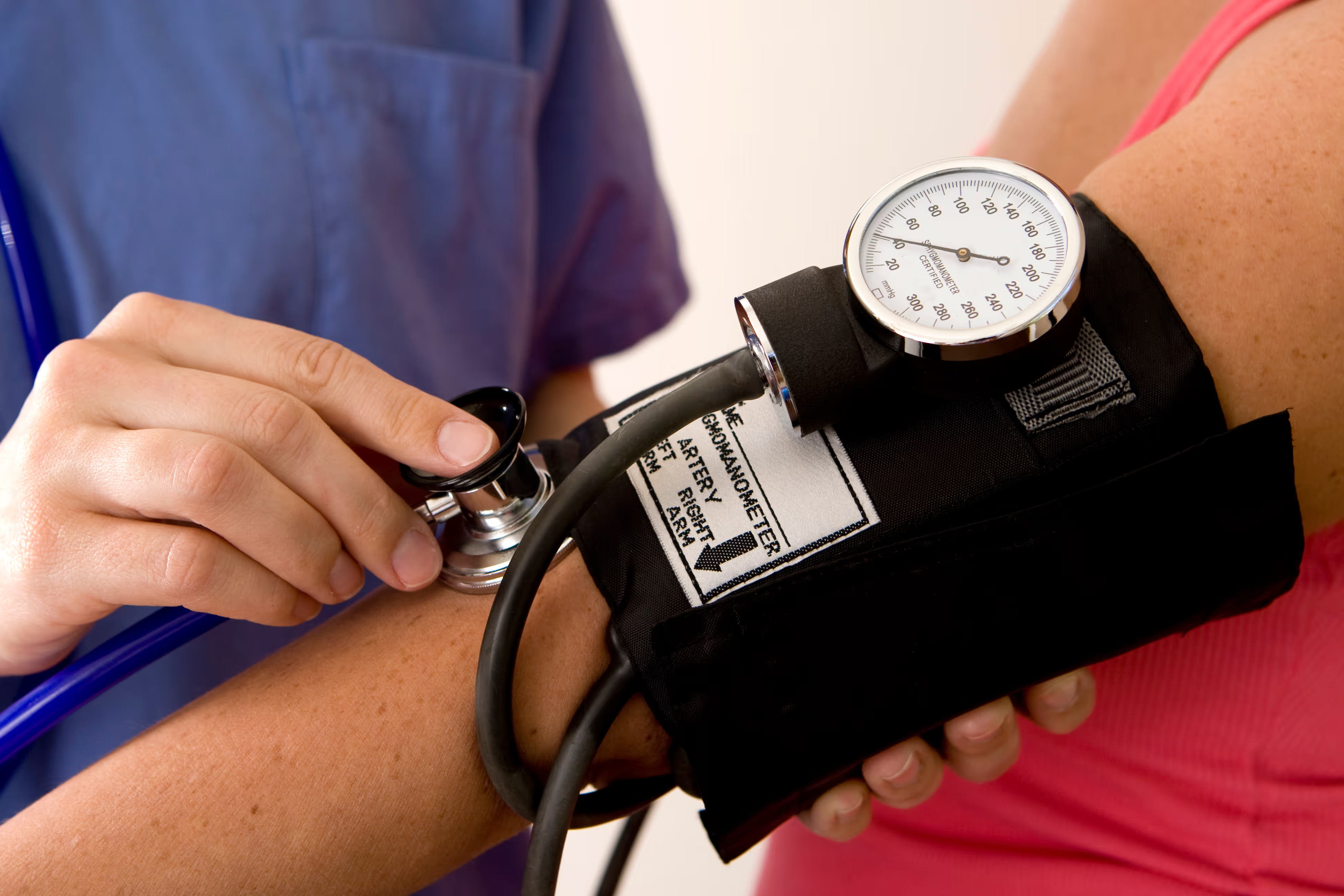
High blood pressure, also known as hypertension, is a cardiovascular condition that occurs when blood pushes against the artery walls with too much force or pressure. The arteries transport blood from the heart muscle to the organs and tissues throughout your body. With increased force on the arteries, the heart muscle must work harder to provide adequate blood flow to the rest of the body.
Many people call high blood pressure a silent killer because it often doesn’t present with symptoms until a hypertensive crisis occurs. A hypertensive crisis is when high blood pressure becomes a life-threatening medical emergency. Without proper medical attention, severely high blood pressure can contribute to heart disease, organ damage, and sometimes even heart failure.
How do you know when high blood pressure is an emergency? Today, Carda is here to answer that question and discuss the main causes and treatment methods for high blood pressure. Read on to learn how to support your overall heart health and wellness.
What Are the Main Causes of High Blood Pressure?
Several factors can cause high blood pressure, including diet, lack of exercise, high stress levels, or a genetic predisposition. Let's take a look at each of these factors below.
Diet
What you eat can greatly affect your heart health, especially your blood pressure levels. A diet that is high in sodium, saturated fat, trans fat, and sugar is not healthy for your heart and can place you at an increased risk of developing hypertension.
Sodium, in particular, can significantly influence blood pressure levels. The kidneys are the organs that filter and regulate salt levels in your body. When they receive a large amount of sodium, they usually send it to your bladder so that you can pass it out of your body through your urine.
However, when the kidneys receive an extremely excess amount of salt, they cannot process the very high amount, and it instead lingers in your body. These high levels of sodium that linger in your bloodstream draw in water to help make your blood's concentration more even. But this also raises your blood volume, which can cause high blood pressure.
A diet high in saturated fat or trans fat can also contribute to high blood pressure. Instead of cooking with a lot of salt, use other seasonings like garlic, dill, onion powder, rosemary, or paprika. Moreover, try to eat less processed, refined, or sugary packaged foods.
Lack of Exercise
Being inactive and failing to get enough physical activity as part of your weekly routine can contribute to high blood pressure. Physical movement helps strengthen the health of your circulatory system to promote healthy blood pressure levels.
High Stress Levels
Repeated exposure to stress can influence blood pressure levels, causing them to spike for brief periods of time. During a stressful situation, your body releases a flood of different hormones as part of its fight-or-flight response in the nervous system.
The circulatory system often interacts and overlaps with the nervous system, and these hormones can result in a rapid heartbeat and narrowing blood vessels. The narrowing effect on blood vessels often causes large short-term rises in blood pressure levels.
In addition to the physiological response that stress mediates, which can cause a spike in blood pressure, stress can also cause you to engage in unhealthy habits that influence blood pressure levels. For example, if a person feels stressed often, they may overeat, or eat excess unhealthy foods, to console themselves.
They may also stay more sedentary to protect themselves as part of their stress response. These coping mechanisms are all responses that can elevate a person's blood pressure levels.
Genetic Predisposition
Genetics may also play a role in someone's tendency to develop high blood pressure. If your mom or your dad has high blood pressure, there is a chance that they have passed on this gene to you, which puts you at a higher risk for developing hypertension.
Familial hypertension is also a risk with any family history of high blood pressure, such as if your maternal or paternal grandparents have hypertension. The hereditary predisposition for high blood pressure can result from variations in hundreds of genes as risk factors.
When Is High Blood Pressure an Emergency?
Compared to normal blood pressure, high blood pressure may not even present with symptoms, and the only way you will know is from a blood pressure cuff reading from your healthcare provider.
However, when high blood pressure becomes severe or starts to rise rapidly within a short amount of time, symptoms can start to show up.
If you experience chest pain, shortness of breath, or stroke symptoms, your high blood pressure is an emergency and requires immediate medical attention. Let's take a look at each of these symptoms below.

Chest Pain
Chest pain can feel like many different sensations in the chest, including a dull ache, tingle, squeezing, pressure, or tightness. It can also feel sharp, like a sudden stabbing feeling or a piercing pain.
Sometimes, chest pain can also feel like a burning sensation. Some people even describe chest pain as an elephant sitting on their chest.
Shortness of Breath
If you experience shortness of breath, you might feel like you need to take more breaths, more often in order to get enough air. In addition to rapid, shallow breathing, you might also feel like you need to gasp for air or take many deep inhales.
Stroke Symptoms
Symptoms of stroke can include confusion, disorientation, dizziness, severe headache, blocked or blurred vision, and tingling or numbness in the face, arm, or leg. Difficulty speaking or understanding what others say can also be a hallmark symptom of a stroke, which may also indicate you are experiencing a sudden and rapid rise in your blood pressure levels.
How Is High Blood Pressure Treated?
There are several main options when it comes to treating high blood pressure. These can include:
Diet Changes
Diet changes that reflect a heart-healthy lifestyle are a good way to help treat high blood pressure. A diet rich in fruits and vegetables, as well as whole grains, nuts, seeds, and legumes, is healthy for your heart. Additionally, focusing on lean meats over red meats, as well as low-fat dairy options, are good diet changes to make that can help lower your blood pressure.
Medication
Many different blood pressure medication options can help you lower your blood pressure. Also known as antihypertensives, your doctor may prescribe medications to treat high blood pressure alone or as a combination of several antihypertensives.
Angiotensin-converting enzyme (ACE) inhibitors are a common medication option that aims to inhibit angiotensin, a chemical that can narrow your blood vessels. ACE inhibitor medications help relax your blood vessels by inhibiting this chemical. Alternatively, angiotensin 2 receptor blockers (ARBs) will also block angiotensin from working.
Beta-blockers are also a common medication option to treat high blood pressure. They prevent adrenaline (also known as the body hormone epinephrine) from working, which can help slow down your heartbeat so that you don't experience as rapid or strong of a beat.
Stress Management Techniques
Stress management techniques look different for every person because each unique individual reacts and copes differently with stressors.
However, common management practices for stress include engaging in hobbies you love to do, getting outside to take a walk, and staying in touch with people you care about. Having a support network can have a positive influence on how you manage your stress, as having people to talk things through with can help you feel more at ease.
Cardiac Rehab
Additionally, going to cardiac rehab is a great way to help manage your high blood pressure and learn additional techniques to make strides in your heart health journey.
Cardiac rehabilitation is an outpatient program that offers exercise, education, and counseling to help people with heart-related conditions enhance their health and well-being. Rehabilitation offers more education on cardiac health and wellness, as well as guidance on how to maintain a heart-healthy diet. Enrollment usually also incorporates safe physical activity routines with an exercise physiologist to monitor vitals.
Rehab can be in-person or online. Carda offers a fully virtual cardiac rehab program so that a person can choose when and where they do their rehab. Virtual cardiac rehab has a huge potential for personalization, which can create a more comfortable space to engage with during your heart health journey.
Plus, Carda assigns you a clinical exercise physiologist to be there with you throughout your program so that you have consistency in your guidance and care.
The Bottom Line
High blood pressure is a heart condition where the force of blood against your artery walls is elevated. Although a person usually does not notice high blood pressure without a high blood pressure reading at their healthcare visit, this medical condition can require a visit to the emergency room at times.
If you experience chest pain, shortness of breath, or stroke symptoms such as verbal or visual disorientation and numbness in the extremities, these could all be symptoms that your blood pressure rose too high very rapidly, and you should treat this as an emergency situation.
Lifestyle changes like eating a low-sodium, heart-healthy diet, taking antihypertensive blood pressure-lowering medications, engaging in stress management, and starting cardiac rehab can help you improve your heart health. There are also medication options that can help you recover from a hypertensive emergency.
If you experience high blood pressure that becomes an emergency, talk to your doctor today about the next steps of your cardiac wellness journey.
Sources:
High blood pressure (hypertension) - Symptoms and causes | Mayo Clinic
Know Your Risk Factors for High Blood Pressure | American Heart Association
The genetics of blood pressure | National Institutes of Health (NIH)

